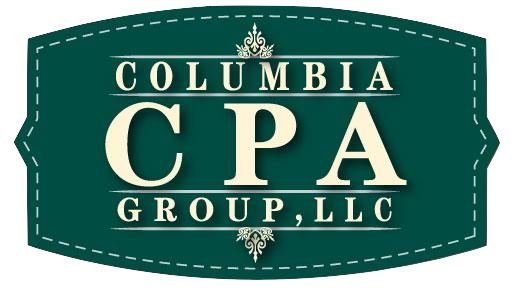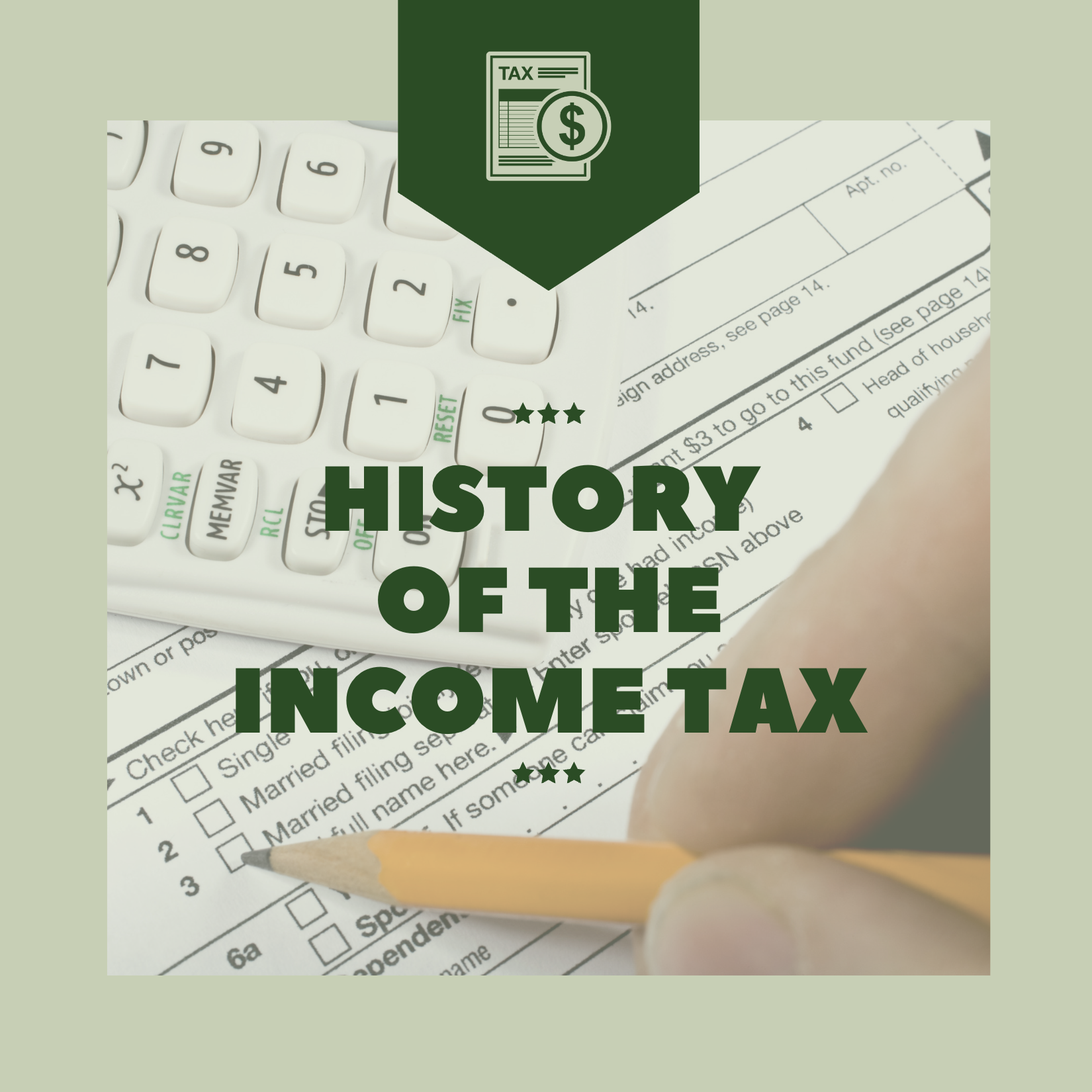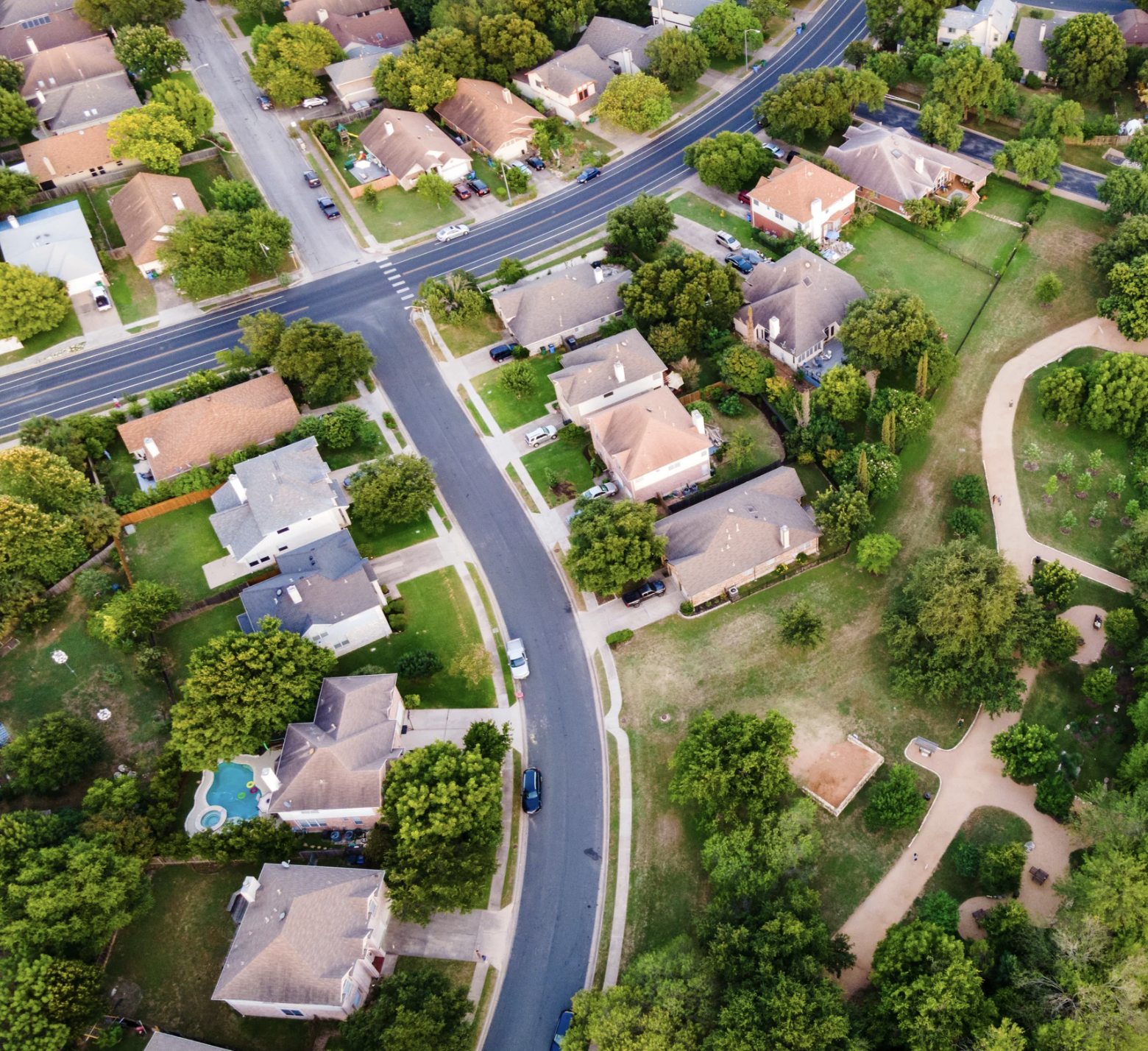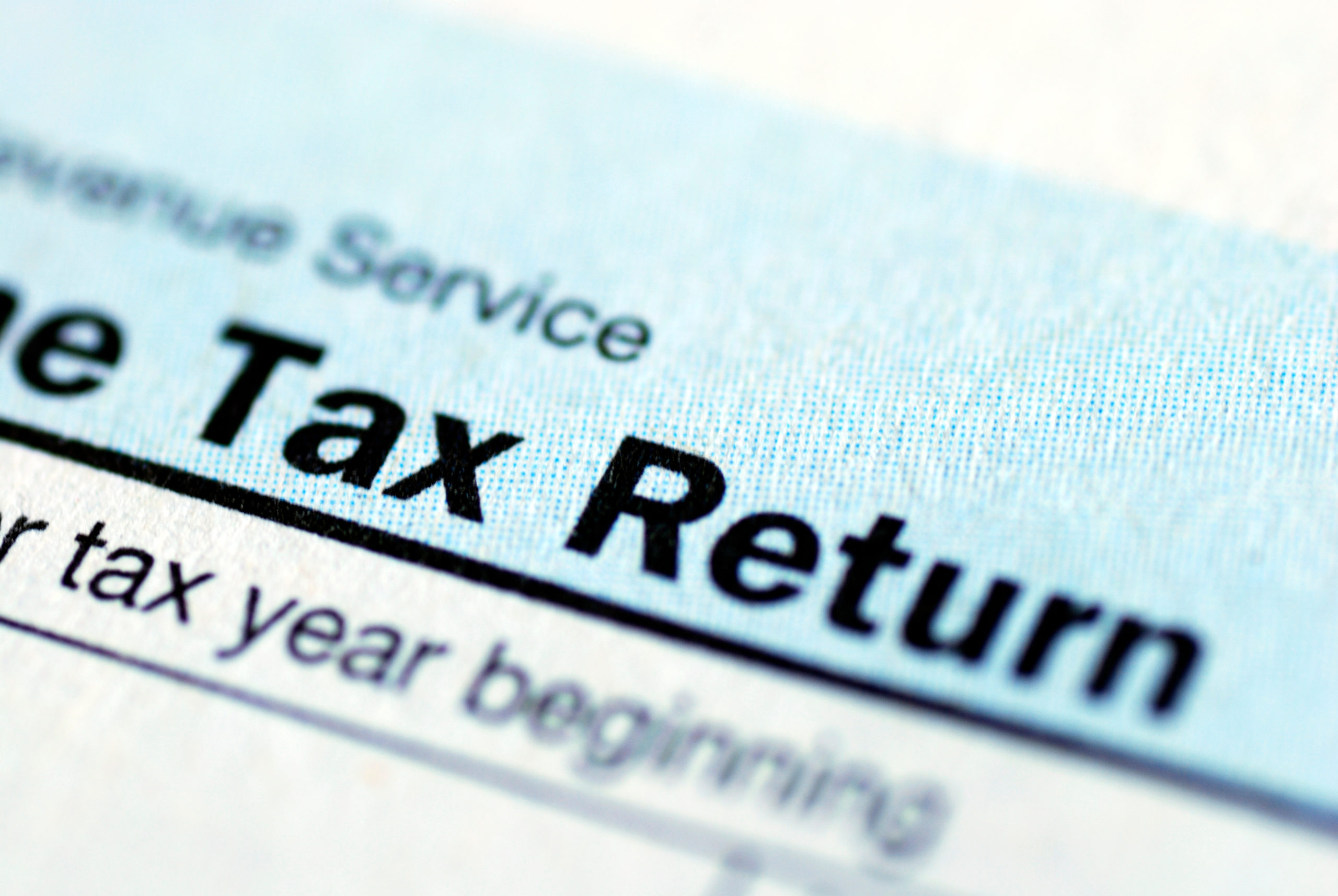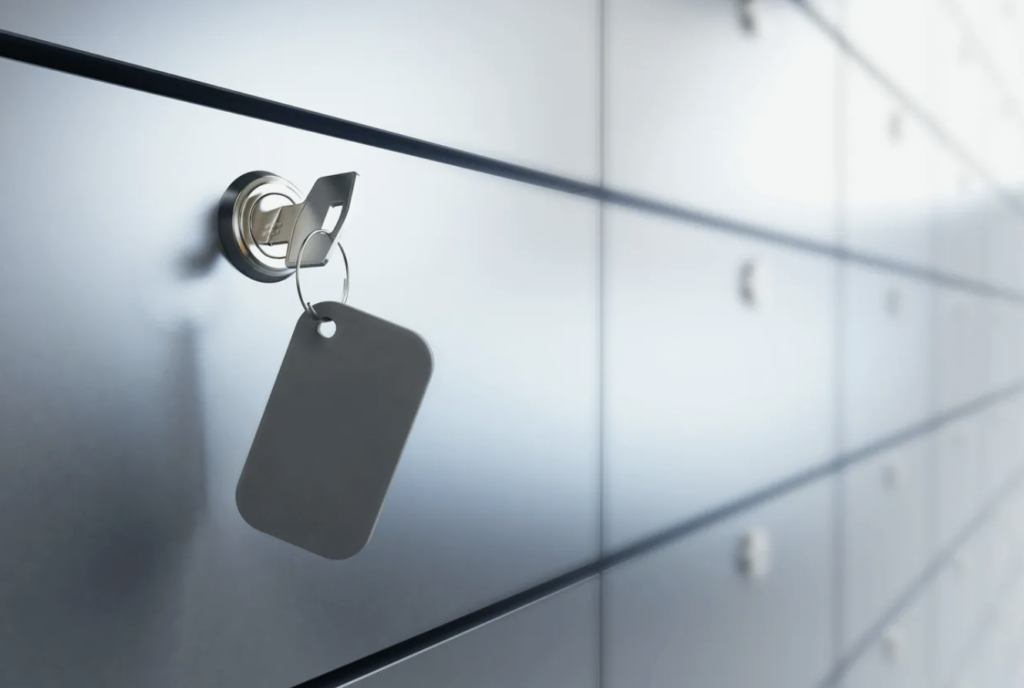
Last Saturday, the 244th birthday of this great country, I reflected on our history as a nation. In 1802 Senator Daniel Webster said: “Miracles to not cluster, and what has happened once in 6,000 years may not happen again.” America is a source of great hope, for humans on other continents who will never set foot on this country. The vast majority of people on this planet do not share the freedoms we enjoy but are in bondage to elitists in communist countries or dictatorships. The last few months have been challenging. We have many social, economic, medical, and philosophical issues to address and solve, but this is still the greatest country that ever existed.
Let’s remember our accomplishments as Americans before we torch the fruits of previous generations and go a different direction. America put a man on the moon 50 years ago because NASA followed the vision set by President Kennedy. America won the Cold War. The USSR collapsed and the Berlin Wall was demolished providing millions with a new level of freedom. Americans have endured tough times (World Wars, Great Depression, Civil War, the 9/11/01 Terrorist Attack) but we never quit. We united as a nation, survived, and prevailed.
I am confident we will make it through the challenges of 2020 and bequeath a better country to our grandchildren. My hope is that we come together to work on our nation’s problems at every level in a spirit of unity.
Last month, I broadened my focus from discussing tax reduction strategies to being prepared. Many physical and financial disasters can be avoided or mitigated through planning and action. In this article, I will continue to make recommendations to avoid or mitigate disaster driven devastation.
In mid-Missouri, we don’t have volcanic eruptions or hurricanes, but house fires and tornadoes happen every year. Preparation is a state of mind. When you stay at a hotel, do you check the exits on your floor, or the evacuation route printed on the back of your hotel door? Years ago, at a motel in Ohio, the fire alarm went off. I was able to get my wife and two young sons out of the building in 90 seconds because I knew where the closest exit was. Each family should prepare for common disasters.
Your first concern should always be to keep your family protected. You need to consider the likelihood of being without: 1) power for days, 2) running water, 3) cell service, 4) groceries for days, 5) heat in winter, 6) a Pharmacist, or 7) police protection. A Mormon friend told me he had a year of food provisions in storage at his home. I just checked the world wide web and sure enough, good Mormons are “urged to keep at least a 3-month supply of food and water, cash and a 72-hour emergency kit.” Those guidelines still make sense to me.
You might consider securing some of the following: 1) a generator, 2) a water purification system, 3) a landline or CB radio, 4) bulk grains or beans that could be stored safely for years, 5) a kerosene heater or other alternative to stay warm in winter, 6) stocking up on prescription and OTC drugs, and 7) firearms and ammunition. (If your daddy didn’t teach you to respect firearms, get trained before jumping in.) If you want more ideas just google “preppers.”
After keeping your family safe, here are some thoughts about protecting the things you own:
- Important papers. I suggest that you rent a safe deposit box for your important papers. I pay $45/year for mine. (Some people purchase a firesafe to keep at home.) Items to keep in it include: birth certificates, marriage certificate, deed to your home, car titles, wills, healthcare directives, powers of attorney, insurance policies, mortgage documents, professional certifications, investments, and small personal mementos (irreplaceable photos, a bracelet grandma gave you, Hank Aaron’s signed rookie card) etc. I also suggest that you scan and store virtual images of these items in the cloud or on a hard drive in your safe box.
- Investments. Most investments are held by a trustee or custodian. Investments issued to you in paper should be kept in a safe box. In light of recent chaos in the stock market, it might be time to rebalance or rethink your investment risk tolerance. I would also recommend a 7702, non-qualified retirement account, for people under 50 who would like to enjoy tax-free income in their later years.
- Vehicles. Liability insurance is a legal requirement to register a vehicle in Missouri. Adding Comprehensive and Collision are recommended unless you drive a real clunker. You might consider joining an auto club to get roadside assistance. They also have a list of items you should keep in your trunk (beside your spare tire) as part of an emergency kit. You can put together your own auto emergency kit or buy one from Amazon.
Be prepared and aware.
Aric Schreiner, CPA, PFS, is managing member of Columbia CPA Group, LLC
